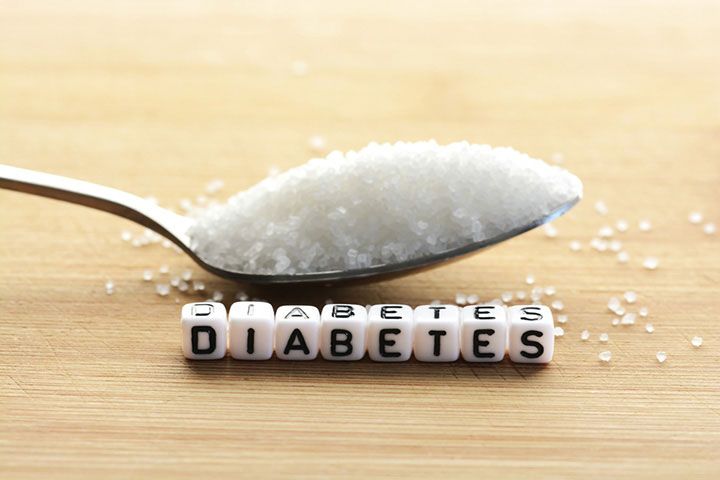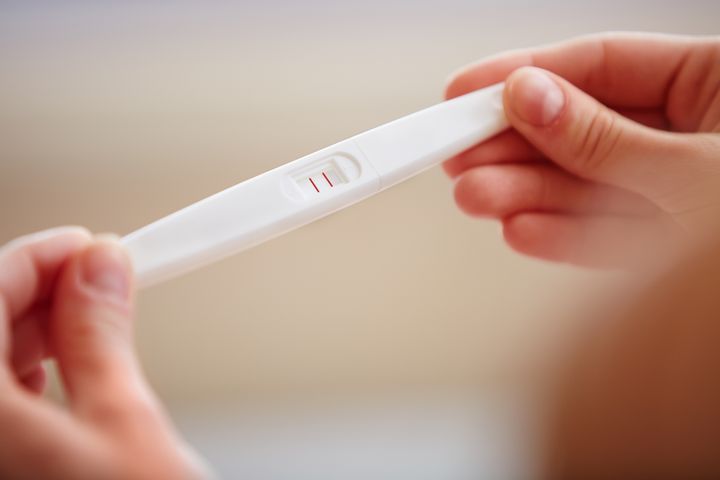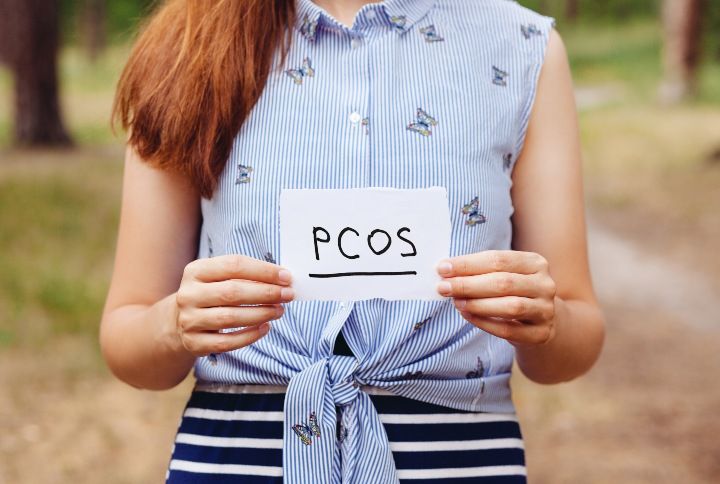PCOS is a hormonal disorder and common among women that are of childbearing age. This condition disrupts the hormonal balance by increasing the production level of male hormones (androgen) causing infrequent or prolonged periods. This causes PCOS follicles with immature eggs to form cysts that begin to grow inside the ovaries and not mature. Failure to produce mature eggs can impact ovulation, giving birth to problems like infertility.
We spoke to Dr Kshitiz Murdia, CEO and Co-Founder of Indira IVF to know more about PCOS and how it can affect someone with diabetes. Here’s what he had to say:
Causes & Symptoms of PCOS

PCOS is affected and caused by different factors such as family history, insulin resistance, obesity and sedentary lifestyle, etc. While there is no one particular cause for PCOS, doctors over the years have narrowed it down to these causes. PCOS has proven to cause ill effects on the female body with symptoms such as fertility issues, infrequent or prolonged periods, weight gain, depression, excess body hair growth and acne, hair loss, hypertension and diabetes.
With lifestyle changes and additional stressors due to the pandemic, India has seen a spike in PCOS cases. While this condition is becoming common among women, its symptoms can be managed through proper medical treatments and making healthy lifestyle choices such as maintaining a balanced diet and exercising regularly.
How Does Diabetes Affect PCOS?

Polycystic ovary syndrome (PCOS) is found in 5-13% of women in their reproductive age and is closely associated with insulin resistance and higher levels of testosterone. It is a contributor to infertility in women in most cases. As the name suggests, follicular cysts are formed in the ovary due to the accumulation of immature eggs that would have otherwise been released during ovulation. One in every sixth diabetic person in the world is an India. With over 77 million diabetics, India is among the 10 leading nations for people with diabetes.
As per the ninth edition of the IDF Diabetes Atlas, these numbers are expected to increase to 134 million Indians in the next 25 years, while maintaining India’s position in the second spot. While diabetes is affecting people the world over, it is becoming a greater challenge for women suffering from PCOS.
As per research by the All India Insitute of Medical Sciences (AIIMS), one in four women suffers from PCOS and over one in 10 women between the age group of 35 to 49 suffer from diabetes (the Journal of Diabetes & Metabolic Disorders). Both type 1 and type 2 diabetes are marked with irregular menstruation (oligomenorrhea) and/or absent menstruation (secondary amenorrhea), affecting women’s ability to successfully conceive. Obesity is also closely related to these problems.
Did You Know?

Diabetes can also lead to lower rates of fertility in women by delaying the onset of menses (or menarche). This can lead to high sugar causing rapid and early ovarian ageing as evidenced by premature menopause. Diabetes is associated with menstrual abnormalities, especially in childbearing age. Thus, diabetes can lead to shortened reproductive lifespan in females while also affecting the biological clock.
Prevention & Care

Women aiming to prevent or currently suffering from diabetes and/or PCOS can adopt healthy lifestyle practices to avoid ill effects in the longer run. Regular exercising would help in combating obesity, burn off excess sugar and aid in reducing resistance to insulin in the body. A well-balanced nutritious diet containing proteins, whole grains, and healthy fats with plenty of fresh fruits, vegetables and proper hydration is imperative to keep the mind and body fit. Adequate sleep is also important in regulating hormones and alleviating stress.
Making such healthy lifestyle changes and choices can play a key role in curbing hormonal imbalances in the body and reducing the risk of diabetes and/or PCOS. It is also advised to consult your doctor for diagnosis and treatment plans, especially if one is planning to conceive a child.
Join the Girl Tribe by MissMalini App to be a part of the conversation.

